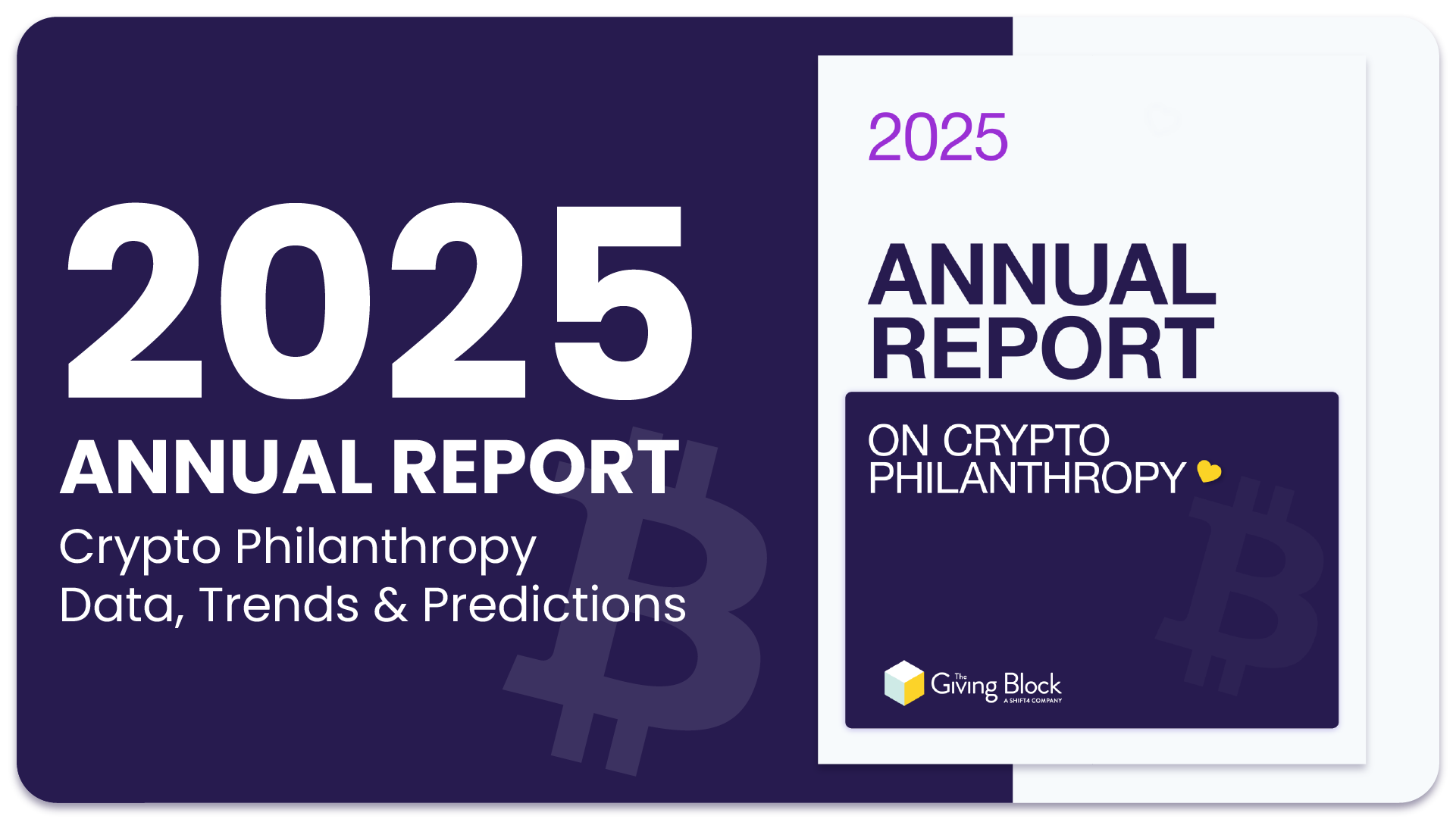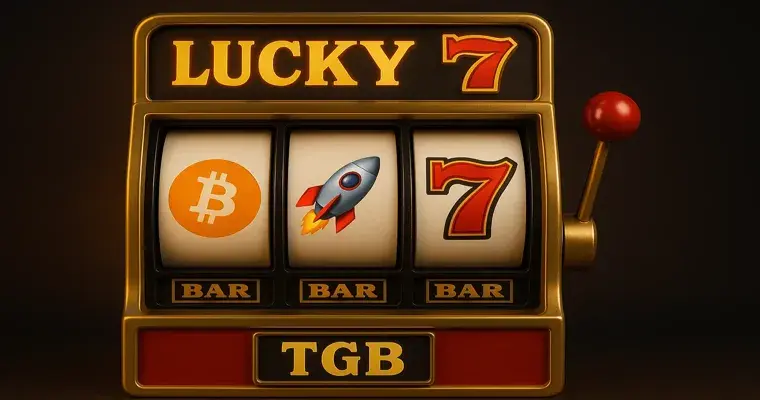Peer-to-peer fundraising is a proven strategy that can help you inspire new supporters to give while also empowering the most enthusiastic members of your current donor base. If your nonprofit has limited resources, a minimal paid ad budget, or is still learning the basics of online outreach, peer-to-peer campaigns can make a substantial difference in helping you meet your annual revenue goals. This strategy also helps larger nonprofits maximize the impact of their vast donor networks.
What is Peer-to-Peer Fundraising?
Peer-to-peer fundraising (aka “P2P”) is an online fundraising strategy that allows individuals to run virtual campaigns that raise money for charitable causes.
Though it’s easy to confuse with crowdfunding, peer-to-peer fundraising and crowdfunding are not the same.
How Peer-to-Peer Campaigns Help Nonprofits
In this era of digital fundraising, peer-to-peer giving has reached new heights. Here are the biggest reasons why your nonprofit should consider peer-to-peer fundraising if it hasn’t already:
1. Increase revenue
Nonprofits raise hundreds of millions of dollars per year with the help of P2P campaigns. A recent study of just 44 nonprofits found that they collectively received over $154 million in donations in 2021 just from peer-to-peer fundraising. Remember, that’s just a tiny sample size compared to the entire sector, which includes more than 1 million registered nonprofits (in the US alone).
There’s no reason why your nonprofit shouldn’t be able to take in some additional donations each year from P2P campaigns. And with an average gift size of $91, peer to peer fundraisers are too effective to ignore.
2. Reach new donors
One of the worst mistakes a nonprofit can make is to focus the bulk of its attention on major donors, while neglecting to steward small-gift donors. While major gifts fundraising can account for 80% of your annual revenue from individual givers, your major donor pipeline will suffer over time if you fail to connect with and inspire new donors.
While you may not want to bet on first-time donors covering the majority of your operating expenses, it’s important to create a pathway for supporters to slowly give more over time.
That’s where peer-to-peer fundraising can come in and be your secret to success. The average peer-to-peer campaign donor is 38 years old, meaning that these donors have likely decades of charitable giving ahead of them.
3. Empower your biggest supporters
Your most eager supporters aren’t always your biggest donors or the most vocal; you may not even know who they are…yet. But launching a peer-to-peer fundraising option is almost guaranteed to help you uncover those mega-supporters.
Peer-to-peer fundraisers give their time and energy to encourage their family, friends and peers to support your mission because they believe in your nonprofit’s impact. They embody the transformative power of word-of-mouth marketing, and can elevate your organization’s brand recognition among hundreds or even thousands of potential donors.
Few words can sum up the ethos of peer-to-peer fundraisers better than this quote from world-famous poet Kahlil Gibran: “It is when you give of yourself that you truly give.”
4. Transform milestones into fundraising events
In theory, peer-to-peer fundraising gives your nonprofit 365 days of “timely” giving days every year. That’s because your donors’ birthdays and major milestones are now occasions for them to launch their own fundraising campaigns on your behalf.
While your fundraising team probably wouldn’t plan a campaign around somebody’s 65th birthday, for example, one of your supporters might use the occasion to raise money for your cause.
Here are several types of opportunities for your supporters to launch peer-to-peer fundraisers:
- Marathons
- Birthdays
- Graduations
- Coming-of-age ceremonies (e.g. Bar Mitzvahs, quinceañeras and communions)
- Wedding anniversaries
- Passing of the bar or medical board exams
- The birth of newborn children
- Cause-related awareness days or months
Of course, by tapping into the creativity of your enthusiastic donors, the possibilities are unlimited.
What Do Nonprofits Need to Start Peer-to-Peer Fundraising?
Convinced of the results that peer-to-peer fundraising can deliver to your nonprofit? Follow these steps to get going:
1. Choose a Peer-to-Peer Fundraising Platform
You’ll need a platform that appeals to modern donors. Of course, it will need to be reliable and secure. Increasingly, donors want giving platforms that are mobile-optimized and offer features like the ability to give non-cash assets.
2. Create Branded Templates
Have your marketing team prepare a guide or template that includes your nonprofit’s mission, logos, key links, impact stories, email templates and anything else that can empower your supporters to fundraise successfully. (Check out this inspiring example from Save the Children.)
3. Encourage Your Supporters to Start a Fundraiser
When your platform is ready to go live, it’s time to spread the word. Send an email, post on social media, slide into the DMs, or tap an influencer to help get the word out.
The Bottom Line on Peer-to-Peer Fundraising
Peer-to-peer fundraising is an essential tool for reaching modern donors. Best of all, it requires few resources and little time from your team to get started.
Once you’re up and running with a peer-to-peer fundraising platform, your organization can begin to use P2P campaigns to:
- Build awareness for your brand and cause
- Grow your online community of social media followers
- Gain lots of new donors with minimal effort from your team
- Empower your biggest supporters to feel more connected to your mission
- Leverage your donors’ personal milestones for fundraising opportunities
By setting your fundraisers up for success, they will instantly be able to raise money for your cause. And that means you’ll be that much closer to meeting or even exceeding your annual fundraising goals.




















